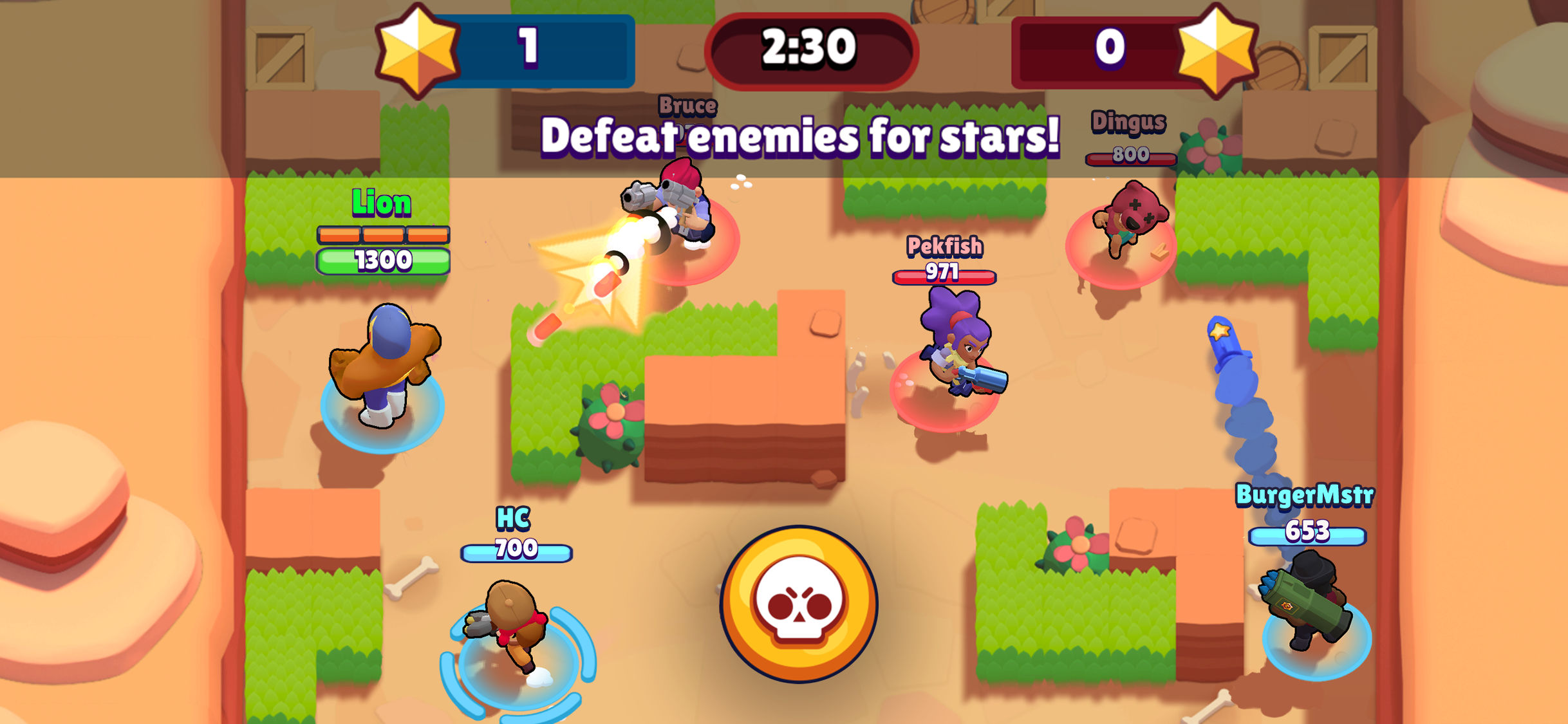Recently, the Gamesbeat portal published an interview with Ilkka Paanen, who heads the Finnish forge of Supercell hits. As is usually the case with Ilkka, the conversation was about the internal processes of the company. But this time he touched in detail on how the process of closing unsuccessful projects in the company takes place.
It is well known that Supercell closes even a project ready for release if it does not meet the high requirements of the company.
“We think of project closures and mistakes as a necessary and unavoidable part of the creative process. If you kill a lot of games, it only means that you have very high requirements. This is good,” Ilkka explains.
But in Supercell, such decisions are not made by management in the person of directors.
The fundamental rule for Supercell is that the decision to close a project at the development stage is made exclusively by its authors. No one else has the right to do this. In a different situation, according to Ilkki, it would destroy the culture that the company is so proud of.
“Let’s assume that the team wants to make a wrong move. What — shall we come and guide you on the right path? That is, a force from outside will appear and change their decision? In the short term, this may be the right decision, but the price we pay for it will destroy the culture. Our culture will no longer be a culture of independent teams. Do you know what the alternative is? We will allow the team to make a move. The worst that will happen is they will make a mistake. But we will preserve the culture,” Paananen assures.
After the softlonch, the decision to close the project passes from the team to the users.

Brawl Stars is the latest project of Supercell, which the company does not close, but also does not release into the world
“Before entering beta, we naturally set goals, they mainly concern retention.
But we not only set them and coordinate them with the team, but also share them with all employees of the company. This is the only way for us and the company as a whole to be honest about them. We do this before the release. If the game doesn’t achieve its goals, then we kill it and don’t release it.”
Illka is sure that it is thanks to this policy that the company manages to produce exclusively hits and retain employees.
“The way these games are being closed, as I would like to think, is a little easier for the team to perceive, because it is their duty. Only they can do it [push the switch]. No one from outside will come and do it.”
This is the price of high autonomy of internal Supercell teams.
“One of the biggest misconceptions about the Supercell culture is that it’s a small happy family where everyone can do whatever they want without worrying about the results. There is nothing further from the truth,” Paananen notes.
Along with independence within Supercell, teams receive responsibility for their project and obligations to comply, relatively speaking, with an internal social contract, according to which their goal is to make games that people will play for years, if not decades. Any development that does not meet this requirement is killed. Killed personally by its authors.
Also on the topic:
